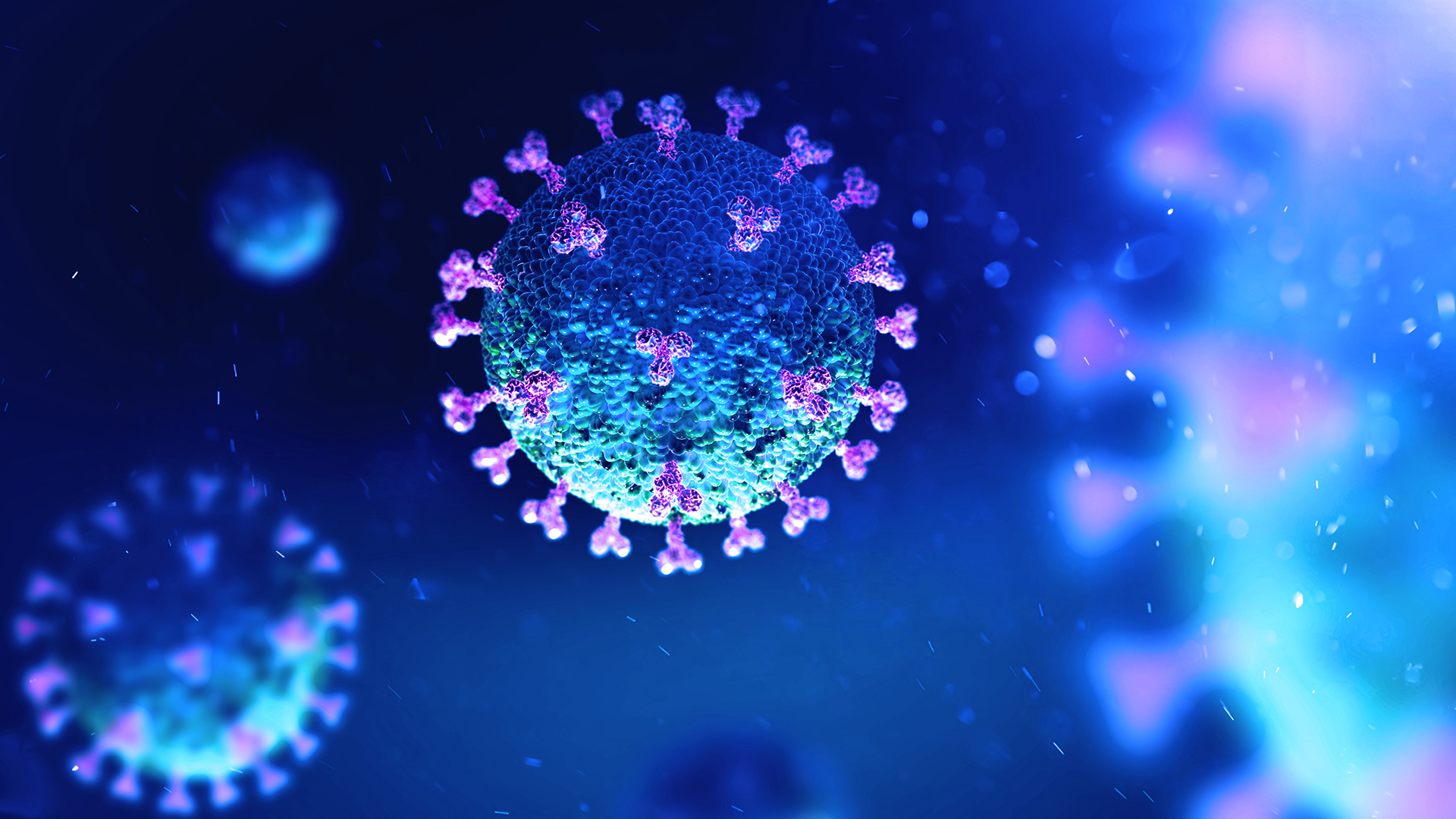
Coronavirus triggered a 'ruptured heart' in first reported US COVID-19 death
Autopsy of the first known COVID-19 death in the U.S. reveals odd cause of death.

An autopsy of the remains from the first known COVID-19 death in the U.S. has revealed that the person died from a ruptured heart triggered by the virus's attack, according to news reports.
The 57-year-old woman, Patricia Dowd of San Jose, California, died at home on Feb. 6 after experiencing flu-like symptoms, according to The Mercury News. Recently, an investigation into her death found that Dowd was actually infected with the new coronavirus, meaning that U.S. COVID-19 deaths had occurred weeks earlier than thought.
Dowd's death was initially thought to be the result of a heart attack. But now, an autopsy report shows that the virus had spread to Dowd's heart muscle, and the viral infection caused a valve in her heart to rupture, The Mercury News reported.
"The immune system was attacking the virus and in attacking the virus, it damaged the heart and then the heart basically burst," Dr. Judy Melinek, a forensic pathologist who was not involved with Dowd's case, told The Mercury News.
This type of heart rupture occurs more typically in people with high cholesterol levels or abnormalities in the heart muscle, Melinek said. But Dowd's case was very unusual because her heart was a normal size and weight, she said.
"There's something abnormal about the fact that a perfectly normal heart has burst open," Melinek told The San Francisco Chronicle. "Normal hearts don't rupture."
Dowd was reportedly in good health and exercised regularly before she fell sick.
Sign up for the Live Science daily newsletter now
Get the world’s most fascinating discoveries delivered straight to your inbox.
Previous studies have noted a connection between COVID-19 and the heart, with one small study in China finding that more than 1 in 5 COVID-19 patients develop heart damage as a result of the infection, Live Science previously reported.
- The 12 deadliest viruses on Earth
- 20 of the worst epidemics and pandemics in history
- Going viral: 6 new findings about viruses
Originally published on Live Science.
OFFER: Save 45% on 'How It Works' 'All About Space' and 'All About History'!
For a limited time, you can take out a digital subscription to any of our best-selling science magazines for just $2.38 per month, or 45% off the standard price for the first three months.

Rachael is a Live Science contributor, and was a former channel editor and senior writer for Live Science between 2010 and 2022. She has a master's degree in journalism from New York University's Science, Health and Environmental Reporting Program. She also holds a B.S. in molecular biology and an M.S. in biology from the University of California, San Diego. Her work has appeared in Scienceline, The Washington Post and Scientific American.










